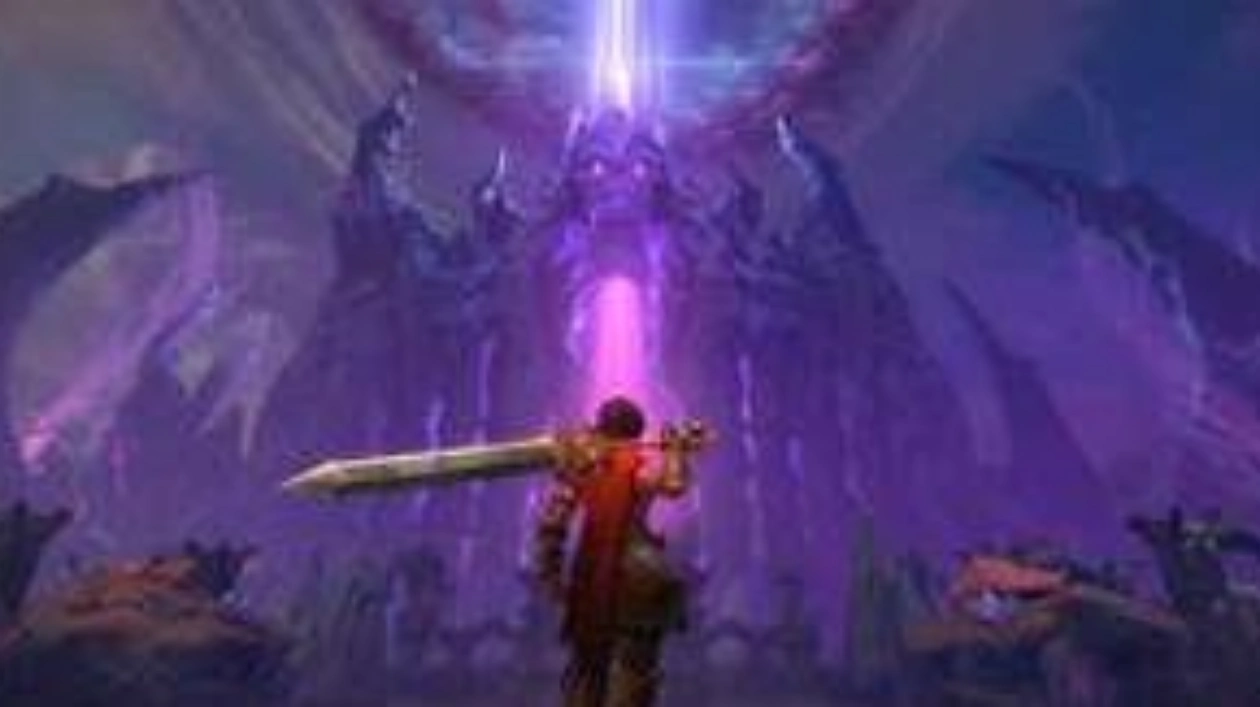The wave of layoffs in the video game industry continues, with Hi-Rez Studios, the developer behind the Smite series, announcing it will be reducing its workforce by an unspecified number. This move comes shortly after the release of the MOBA sequel, Smite 2, in paid early access. According to PC Gamer, Hi-Rez has not disclosed the exact number of employees affected, but the cuts will span across all departments. "This will disproportionately impact those in marketing and publishing roles, as well as some from our Evil Mojo, G&A, and Titan Forge divisions," Hi-Rez CEO Stewart Chisam stated on X. Only small teams will remain to support Smite and Paladins, while the company shifts its primary focus to Smite 2.
"The game team roles impacted disproportionally affect our team working on cosmetic skin content and system features," Chisam added, noting that development on Smite 2 will prioritize gameplay over new cosmetics. "We are almost exclusively prioritizing gameplay development in the near term—such as new modes and gods—as well as quality improvements—over some cosmetic and monetization features previously planned in the run-up to the game's free-to-play launch next year." Chisam also mentioned that despite the layoffs, the team working on Smite 2 is larger than the one that worked on the original Smite for most of its lifecycle. "Our goal for Smite 2 in the near term is to create the best possible game experience for our community and a game that provides joy to players and can sustain itself long into the 2030s."
Chisam acknowledged the human impact of these decisions, stating, "This news has a real human impact at a tough time for workers in this industry. Each impacted individual is a talented and dedicated professional who has poured their heart and soul into our games. Letting them go is a heartbreaking decision, reflects a failure in my leadership, and one for which I take personal accountability." The past year has been challenging for the games industry, with tens of thousands of layoffs reported across 2023 and 2024, and the trend shows no signs of slowing. In August, both Ubisoft and Bungie reduced their staff, while Microsoft laid off another 650 people from its gaming division in September. Former Sony executive Chris Deering faced criticism for suggesting that affected workers should consider driving for Uber.






